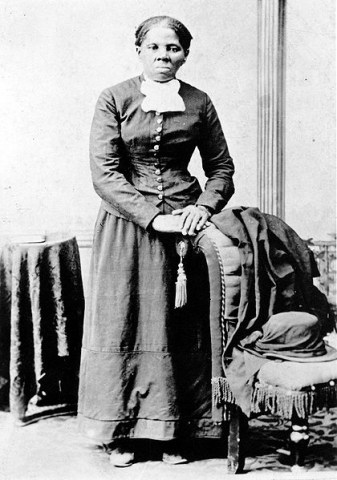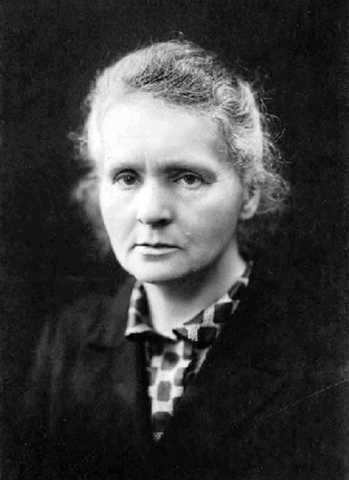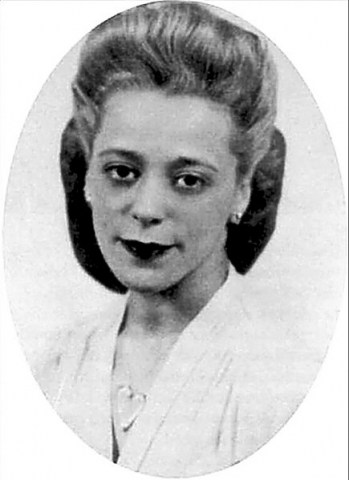
March 8 is International Women’s Day — a day to celebrate the hard work, courage and triumphs in the journey towards universal gender equality. It’s also a Friday after a long week of school with the hope for spring and summer on our minds. It is easy to lose sight of the significance of the day among the hustle of our existence.
The first International Women’s Day was held 108 years ago on March 8, 1911, but the struggle for gender equality started long before that. It was propelled forward by so many people — by both well-known pioneers and many more individuals whose voices we haven’t heard and whose stories we don’t know.
Along this journey, there have been many trailblazers who have brought their own lived experience to the fight. It’s important to showcase these women and honour their stories. Harriet Tubman was an American political activist and advocate for the women’s suffrage movement. She was born into slavery, escaped and helped rescue many other enslaved people.
Marie Curie’s groundbreaking scientific discoveries, in a time when female scientists were rare, earned her a series of accolades that few people have and a historic place in science. She was the first woman to win a Nobel Prize and the first person to win a second!

But equally important is the silent resistance of thousands of women worldwide. In my short lifetime, the fight for gender equality has worked to bring about equal pay in the workforce, yet there’s more work to do. We have also recognized Viola Desmond, a black Canadian woman who fought racial segregation by refusing to leave a white-only area in a movie theatre, by placing her on the $10 bill in 2018.
And of course, in the last two years, #MeToo has shone a much needed light on the systemic nature of sexual harassment. IWD is about celebrating all achievements in cultural, social, political and economic spheres while also carving out the next steps in this continued fight. As the IWD website says, IWD is “not country, group or organization specific.”
It belongs to all us, so how are we contributing to it?
The massive legacy of the women’s rights movement can leave people thinking that the problem is solved. Alternatively, the persistence of gender inequality can make individuals feel powerless, believing change can only be made on a large scale. Both sentiments are wrong.
First, gender inequality is not one problem to be solved — it is countless problems that involve intersectional barriers faced in different capacities by different women, and it’s far from over. This is represented by the 65 million girls worldwide who can’t go to school, the ongoing tragedy of missing and murdered Indigenous women and the enormous inequality between female and male leaders in politics and organizations.
Second, we can do a lot to change this reality. While simply retweeting, using a hashtag or liking a post is one way, this kind of activism is just scratching the surface of the powerful change we are capable of. We must remember that small community-based change is what leads to global change, and to create that positive change, we must use the strongest tool we have in the face of adversity: our citizenship. That starts with having courageous conversations.
A few weeks ago, a group of university students did just that. In a two-hour gender-equality dialogue with Plan International Canada, which was part of a bigger project called the Youth for Gender Equality, we discussed our experiences with gender inequality and made recommendations to combat it.

What fascinated me, as the facilitator of the event, was the sense of community that we built for and with one another. We may never come across one another again, but the power of solidarity and hope for the future cultivated by that dialogue is something that I’ll carry with me forever.
This IWD, I challenge you to engage in a dialogue with yourself, one person or many people — in your bedroom, on the bus, in the classroom and in activist spaces — about what you can do about gender inequality in your life and community. Because in 2019, the fight for gender equality is still pressing. It needs dialogue and togetherness, and it deserves more than one day of attention. Don’t forget that this day belongs to all of us.
—
Vaidehee Lanke
Photos: Wikimedia Commons / Creative Commons
Leave a Reply